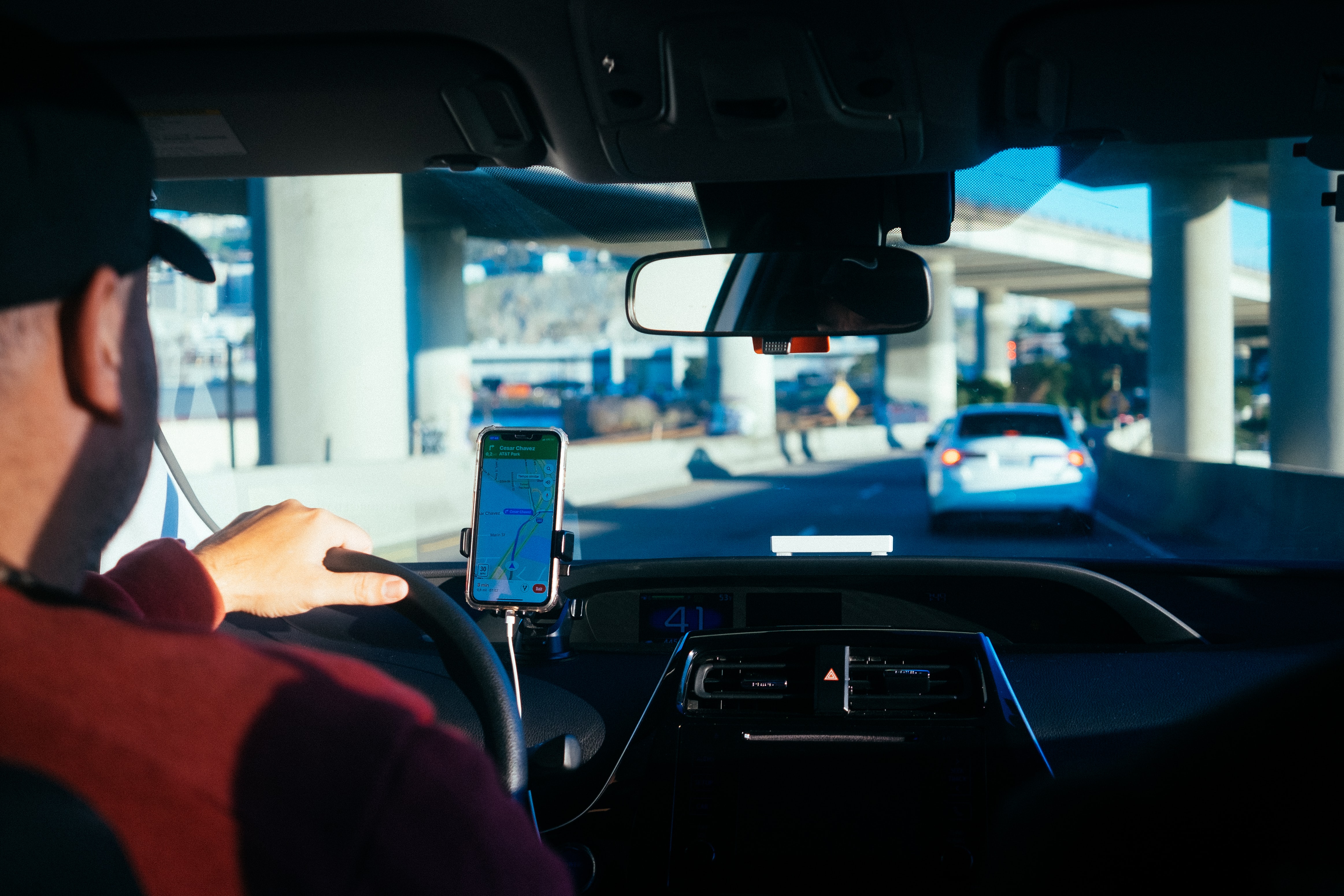Uber woos London, the $100K goal, and self-driving disasters. LegalRideshare breaks it down.
MONDAY 9/14/20
After Uber was kicked out of London, it has attempted to get in the city’s good graces. Reuters explains:
“We have worked hard to address TfL’s concerns over the last few months, rolled out real time ID checks for drivers, and are committed to keeping people moving safely around the city,” said its Northern and Eastern Europe boss Jamie Heywood.
TUESDAY 9/15/20
Want to make $100K a year for Uber? You can….if you want to drive yourself to death. Vice reported:
The video’s core premise of projecting one month’s earnings into the year is absurd once you step back and ask whether a human being should spend 12 hours a day, 7 days a week, 365 days a year, inside of their car.
But what makes this video even more absurd is after actually calculating expenses and taxes, Lyon is barely on track to make $40,000 a year despite working 12 hours a day, every single day.
WEDNESDAY 9/16/20
Shocking no one, Uber and Lyft sales won’t rebound until 2021. Business Insider explains:
Uber’s user base is huge, Lyft’s users are loyal — both groups are staying home. We expect Lyft to suffer a steeper relative decline in users, largely because of Uber’s more widely recognized brand name and the success of its food delivery business.
THURSDAY. 9/17/20
After the deadly self-driving crash in 2018, many are asking, why wasn’t Uber charged? Wired explains:
As a practical matter, it’s easier for prosecutors to sell juries on a story they already know. Vasquez was behind the wheel of a car and allegedly watching her cell phone instead of the darkened road in front of her when the car struck and killed a woman named Elaine Herzberg.
The story is more complicated, and more technical. Last year, the National Transportation Safety Board released its final report on the crash, the country’s first fatal one involving an autonomous vehicle. After combing through documents and software and interviews with Uber staffers, the safety panel determined that lots of people were responsible for the collision.
FRIDAY 9/18/20
$181 Million. That’s how much Uber and Lyft have poured into promoting Prop 22. CNET explains:
The proposition is jointly sponsored by Uber, Lyft, DoorDash, Instacart and Postmates, which have contributed $181 million to the campaign, making it one of the most expensive ballot measure campaigns in US history. The No on Proposition 22 campaign, which is backed by unions and labor groups, has raised $5.6 million.

Thank you again to our friends at LegalRideshare! The original post is here.


Join the conversation!